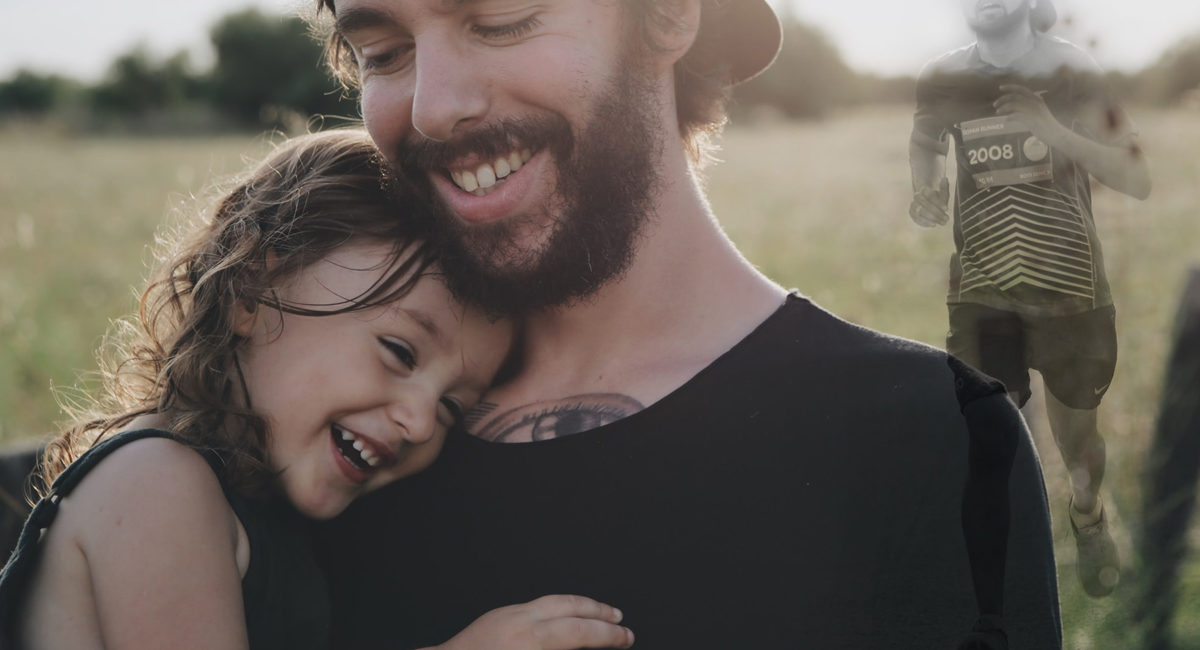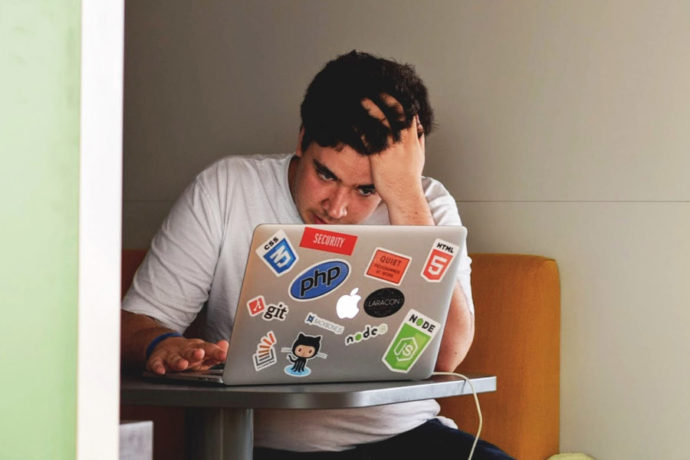Communication is the key to all the relationships we have, which means it is also the key reason that some of our relationships go “wrong”. Going “wrong” can have many different looks too, ranging from explosive to brooding silence, all the way to drifting apart and losing contact. However “wrong” looks for you, this relationship breakdown causes stress and our assumptions that we make of people can be a core factor.
Lock-Down Happiness

by Jaron Steffens
P.G.Dip Sci (Psychology), B.App.Sci (Psychology)
Dip Child & Adolescent Psychology, Dip Tch (PE & Health)
We all knew from the start that it was going to be a long-haul operation to beat this virus, and the process has been compared to running a marathon, not a sprint.
A marathon is a good analogy for lock-down and social distancing. Unfortunately, however, we are trying to run a marathon without any running fitness or training. This could explain why you, and others in you bubble, are becoming a bit irritable about now and the social distancing grumps have kicked in. When you talk to people who run marathons, they often tell you the same story. The first 20 kilometres are a breeze, and you think that the whole run is going to be this easy. Then the tiredness starts to kick in and you begin to feel the body aches. By 30 kilometres it becomes purely a mental game. You are three quarters through the run, and still have 12 kilometres still to run. Physically, you are done, so the mind has to get you through the last bit of the run to help you achieve your goal. This takes some intense mental focus, and quite often employs studied and practiced mental strategies to get you to the finish line.
Right now, we have just passed the 30 km mark in the social distancing marathon we are running, so we need to employ some mental strategies to get through the next bit without losing it completely. The difficult thing here is that we have no studied and practiced mental strategies we can call on to get us through a global pandemic. This is a first for all of us.
Scientifically researched techniques
There are a couple of scientifically researched techniques we can all begin to practice to feel less grumpy during this challenging time. I’ll attempt to describe these techniques for you here:
Step 1. Frown less
Step 2. Smile more
… duh.
Many years ago, scientists began studying the connection between facial expression and mood. Findings conclusively showed that subjects who were making themselves frown felt angrier or sadder, and subjects who made themselves smile felt happier and calmer. Recent research on the topic has been a touch more brutal. Botox was injected into the frown muscles of participants, paralysing the muscles and preventing the subjects from frowning for a number of weeks. The result of this showed that their ability to interpret negative written statements was significantly inhibited. This suggests that the less you frown, the more positive your world becomes.
As a nice side effect, we are social creatures, so the more you smile, the more those around you will reflect your smile, improving their mood. During social distancing, a good time to practice this is when you are doing your daily exercise walk around your neighbourhood. You will see others out exercising too. Smile and make eye contact. Your smile will be contagious from further away than two metres. Even if you don’t get a smile back, the science tells us that you will have improved the mood for both yourself and the other person.
If we can all make the effort to be kind, and share a smile, even at times when we are not feeling happy, we will be helping ourselves and all those around us to get through this marathon effort.
If you want more techniques to help you and your family cope feel free to contact me with any questions or make an appointment, text/phone 021 99 00 54 or email [email protected]



